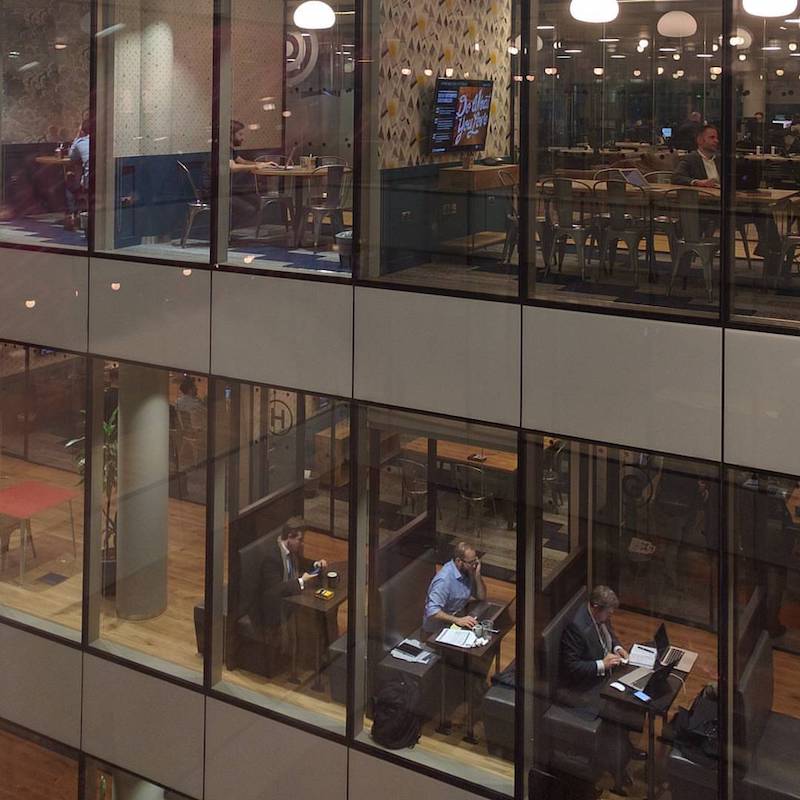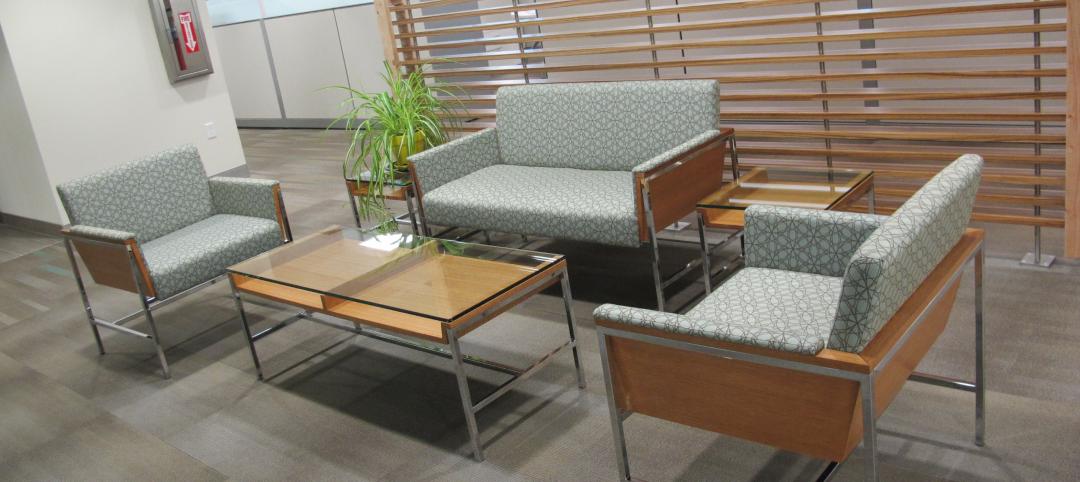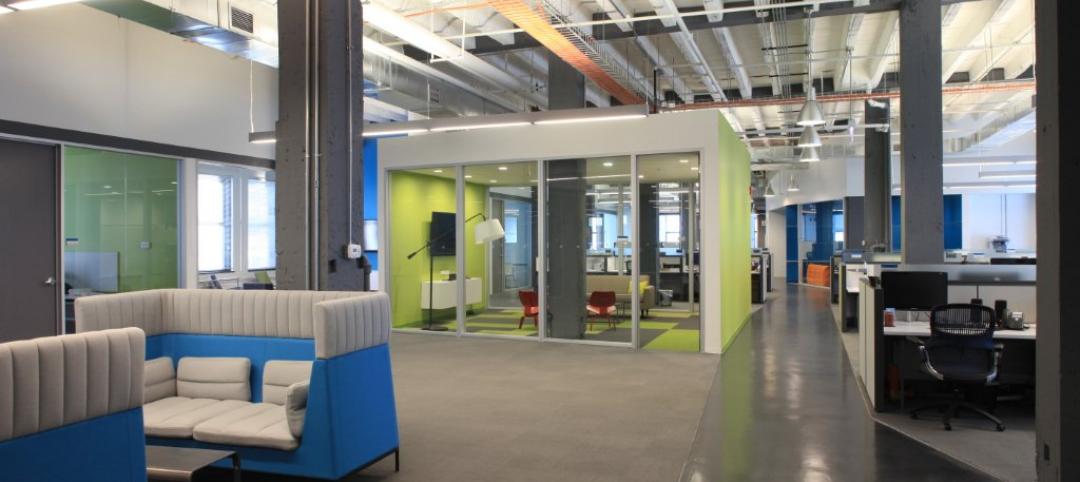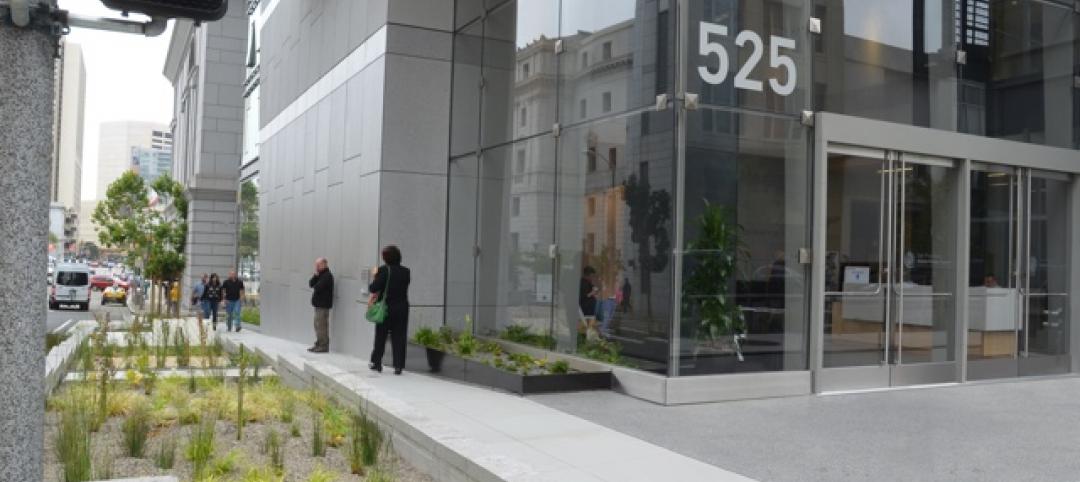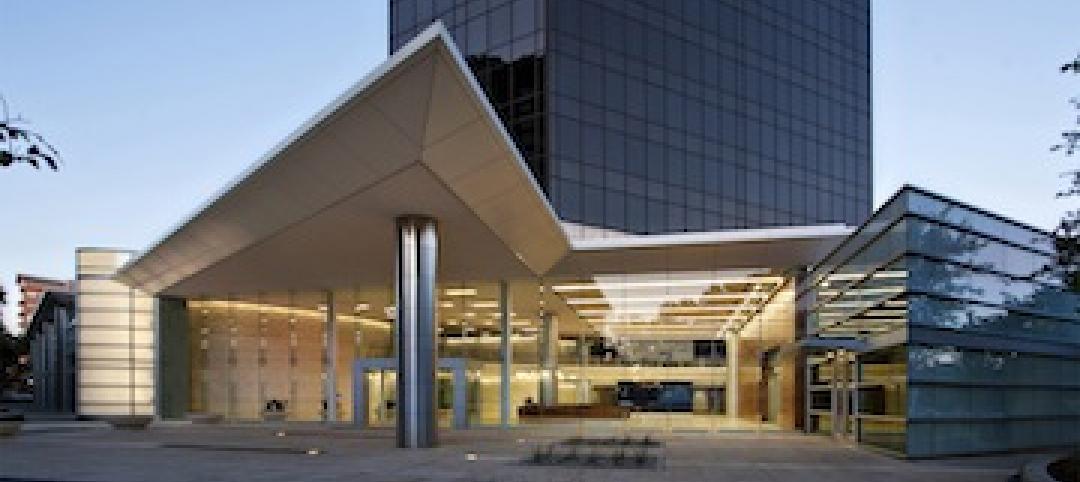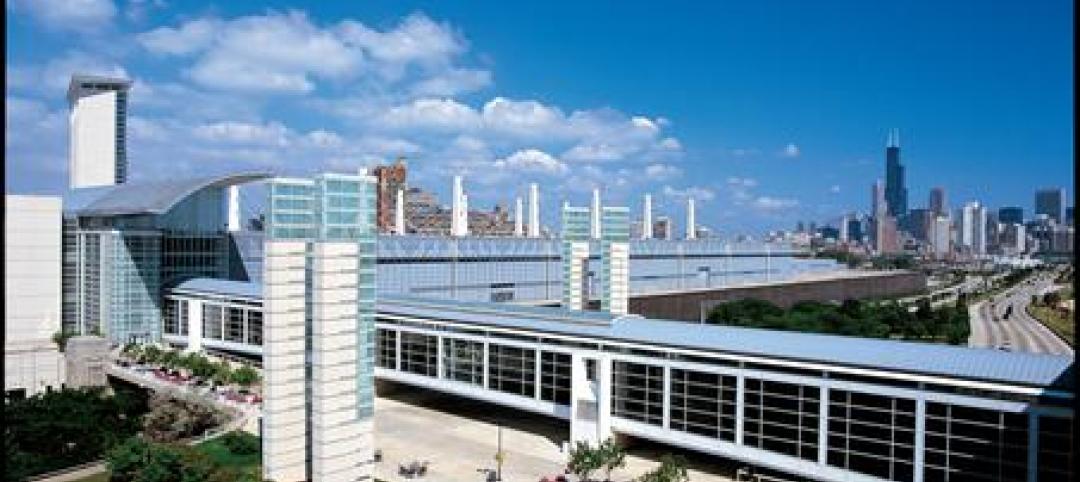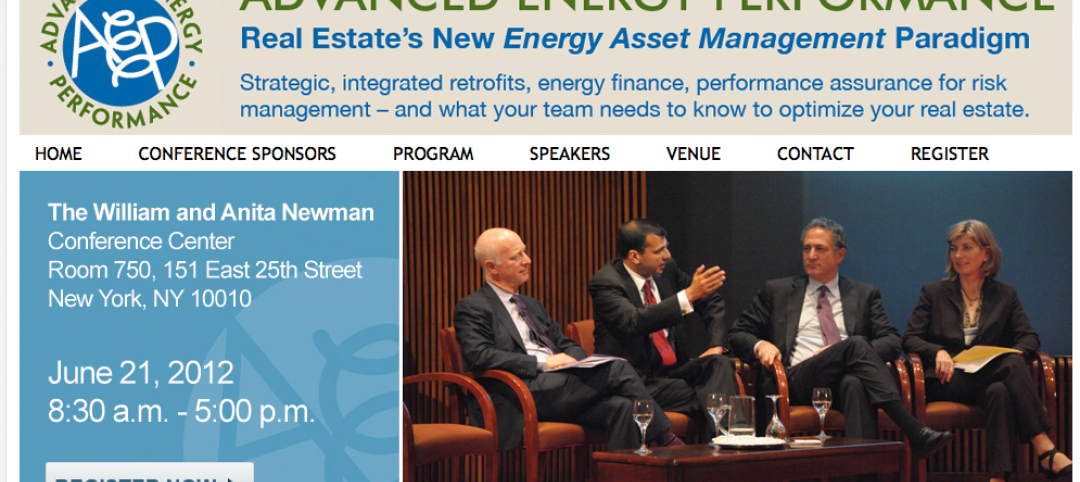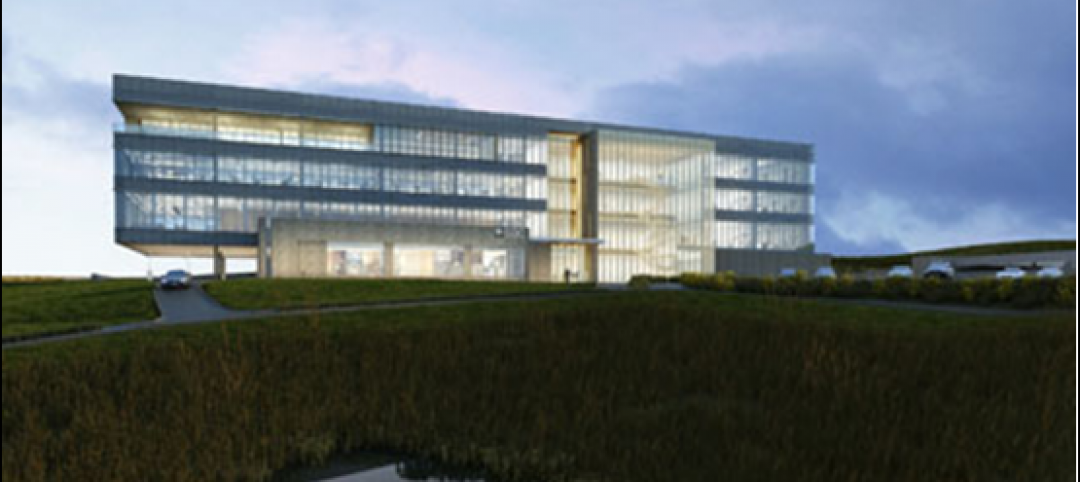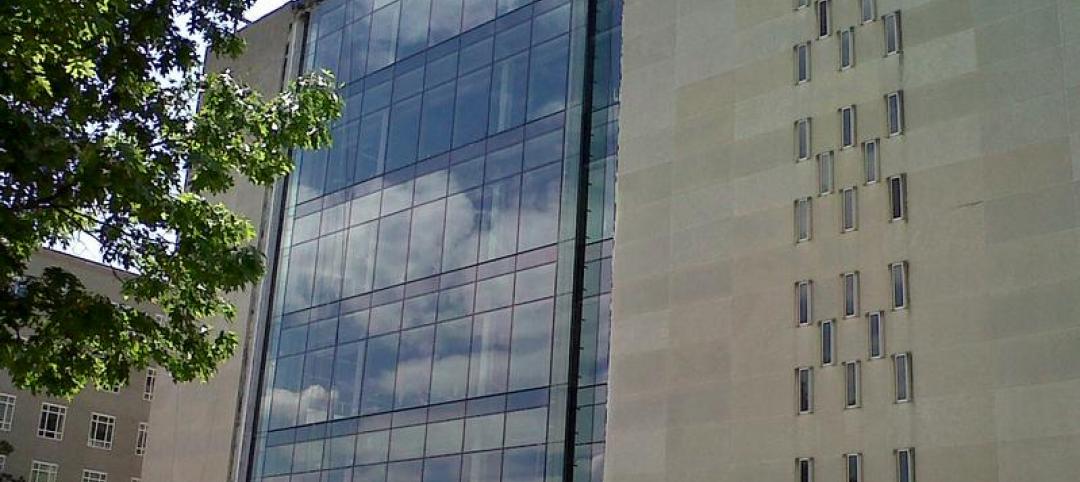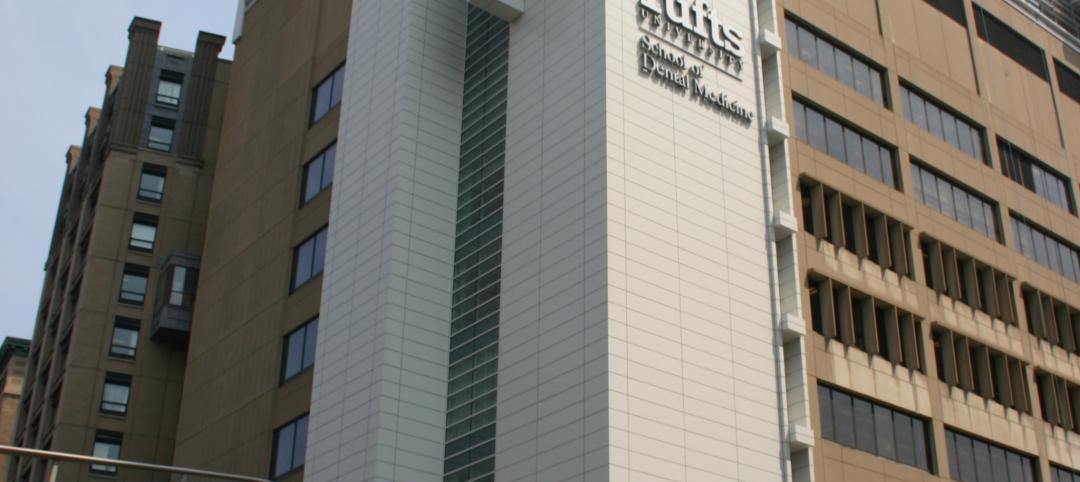A nationwide survey of more than 300 end users, operators, landlords, and developers found that an agile workplace has a positive impact on user engagement.
The survey—conducted by The Instant Group, a workplace innovation company, and the architectural firm HLW—also exposed a blurring of the lines separating “flex” and “conventional” approaches to office design and operations.
“Agile working practice has been widely adopted and is now viewed as a strategy to mitigate uncertainty and risk,” observed the authors of the research report based on the survey titled The Marketplace for Flexible Work. “Furthermore, many companies now see agile solutions as offering value to their business planning.”
Peter Bacevice, HLW’s Director of Research, adds, “Today’s workplace calls people to action and to do great things. Great workplaces inspire people and provide the essential staging for the cultivation of community from which fresh ideas emerge, evolve, and underpin sustained business growth.”
End users of co-working and flex office spaces spend an average of 54% of their total work weeks in these spaces, the survey revealed. Among its respondents, 83% of the survey’s end users of co-working and flex space claim they’ve benefited from these new work environments over the last five to 10 years. And 71% stated that these workspaces positively affect the ways that they engage their work.
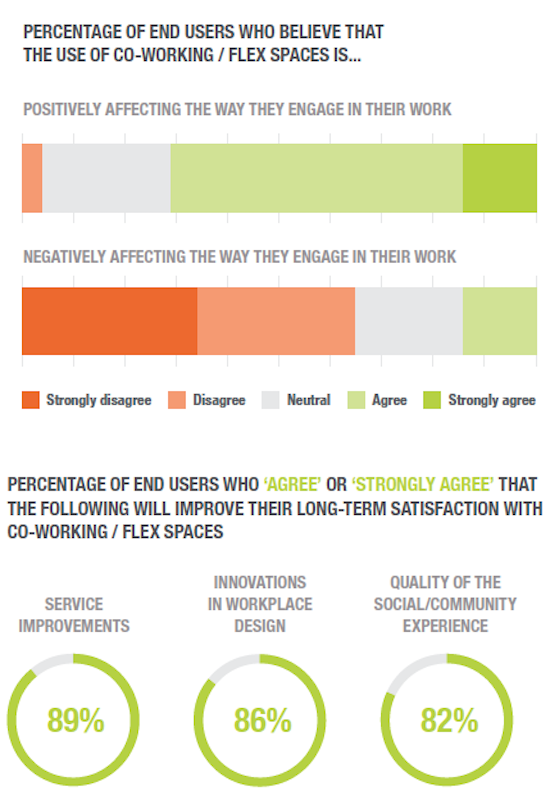
The survey found a high level of satisfaction with flex and co-working spaces among end users. Image: The Instant Group/HLW
End users say they are thriving in flex office spaces because these environments expand their professional networks and business opportunities, engender innovation, and give them a higher feeling of energy. The experience in these kinds of office spaces is akin to what users might encounter in hotel operations, observed John Williams, Instant’s head of marketing.
It’s not surprising, then, that while the majority of end users expect they will be working in a range of work environments in the future, more than two-fifths (42%) expect to be using flex office spaces more going forward in their work lives.
Three-fifths of corporate respondents to the survey agreed that the rise of co-working and flexible approaches to office design and operations has benefited their businesses, particularly in the area of being able to add or reduce the amount of space needed to seat employees at any given time.
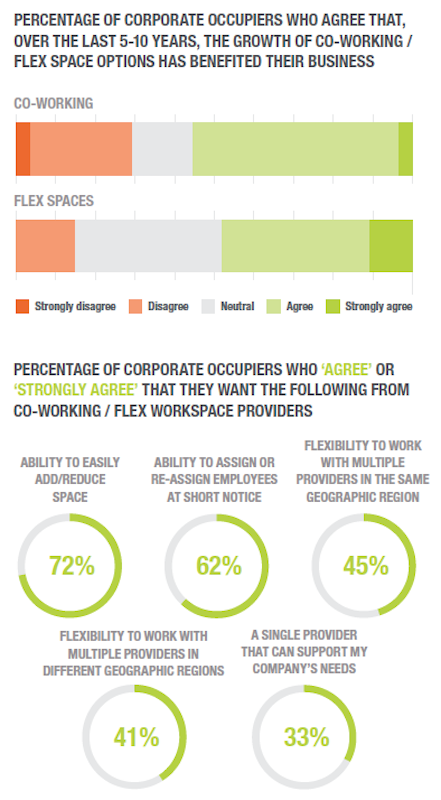
Corporate tenants are looking for maximum flexibility from the workspaces they lease. Image: The Instant Group/HLW
For landlords, flex and co-working space creates value for their portfolios, the survey found. And office operators see the growth of these approaches as a way to gain more market share from corporate tenants.
While corporate tenants remain divided on co-working and flex space as a short or long-term solution for their companies, more than two-fifths of landlords agreed that flex space is a long-term solution, and 72% agreed that working with co-working operators that have a strong brand has “significant benefits” for their development.
“There is still much work to be done by the landlord market to assess who these potential clients [for flexible spaces] are and their specific demands, but the desire is there to adapt their offer to the market,” wrote John Vaughan, Instant’s Director.
Overwhelmingly, all respondents agree that wireless connectivity and wireless security are the most important technology-related features of flex and co-working spaces. Printing compatibility and printing security were also very important to almost two-thirds of respondents.
And with leases, on average, down to as low as 5.2 years, and with the average tenure or stay around 36 months for operators, the choice among tenants between a “flex” or “conventional” approach is now based more on cash-flow and strategic considerations than the length of stay.
Related Stories
| Jul 11, 2012
Skanska relocates its Philadelphia metro office
Construction firm’s new 19,100-sf office targets LEED Gold certification.
| Jul 3, 2012
Summit Design+Build completes Emmi Solutions HQ
The new headquarters totals 20,455 sq. ft. and features a loft-style space with exposed masonry and mechanical systems, 17-ft clear ceilings, two large rooftop skylights, and private offices with full glass partition walls.
| Jul 2, 2012
San Francisco lays claim to the greenest building in North America
The 13-floor building can hold around 900 people, but consumes 60% less water and 32% less energy than most buildings of its kind.
| Jun 18, 2012
BOKA Powell Wins ‘Deal of the Year’ for One McKinney Plaza Transformation
$6 million renovation converted 1980s-style building into a modern destination in uptown Dallas
| Jun 13, 2012
Is it time to stop building convention centers?
Over the last 20 years, convention space in the United States has increased by 50%; since 2005, 44 new convention spaces have been planned or constructed in this country alone.
| Jun 13, 2012
Steven L. Newman Real Estate Institute to hold energy asset conference for property owners, senior real estate managers
Top-level real estate professionals have been ignored as the industry has pushed to get sustainability measures in place.
| Jun 12, 2012
SAC Federal Credit Union selects LEO A DALY to design corporate headquarters
LEO A DALY also provided site selection, programming and master planning services for the project over the past year.
| Jun 11, 2012
Hill International selected as CM for Porto Arabia Towers in Qatar
The complex is a mixed-use development featuring both residential and commercial properties.
| Jun 8, 2012
Thornton Tomasetti/Fore Solutions provides consulting for renovation at Tufts School of Dental Medicine
Project receives LEED Gold certification.


